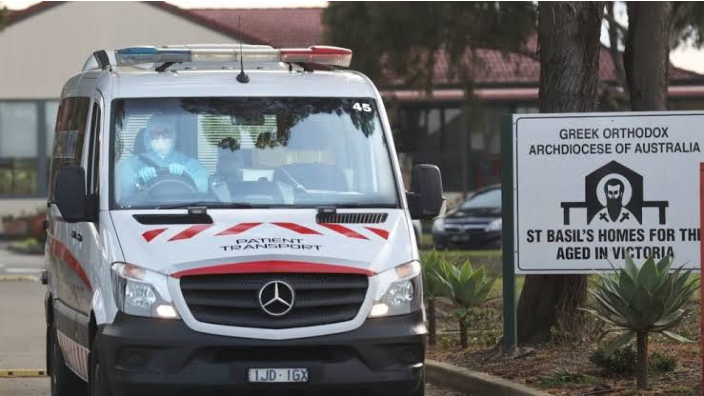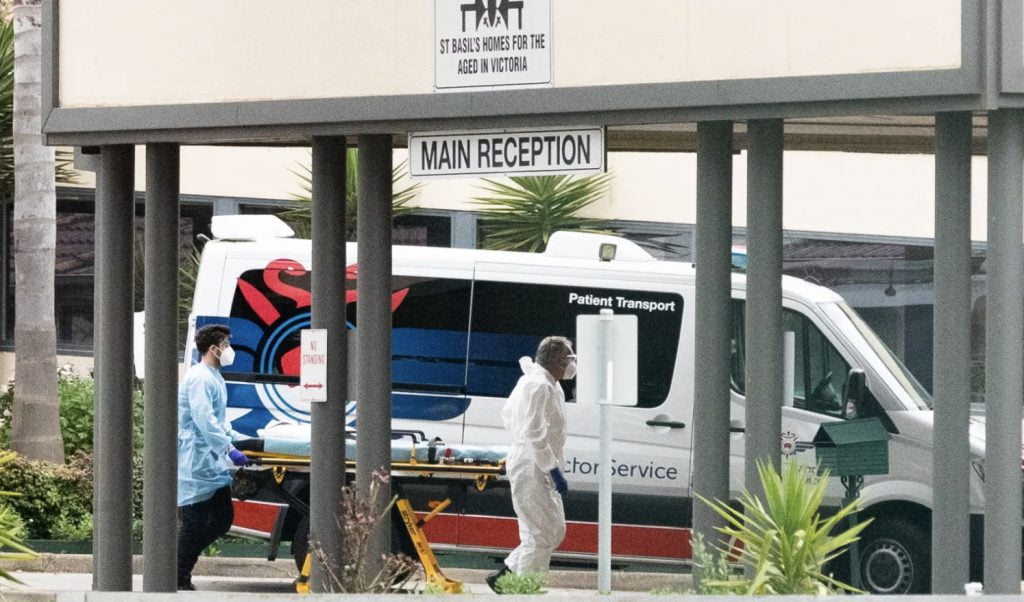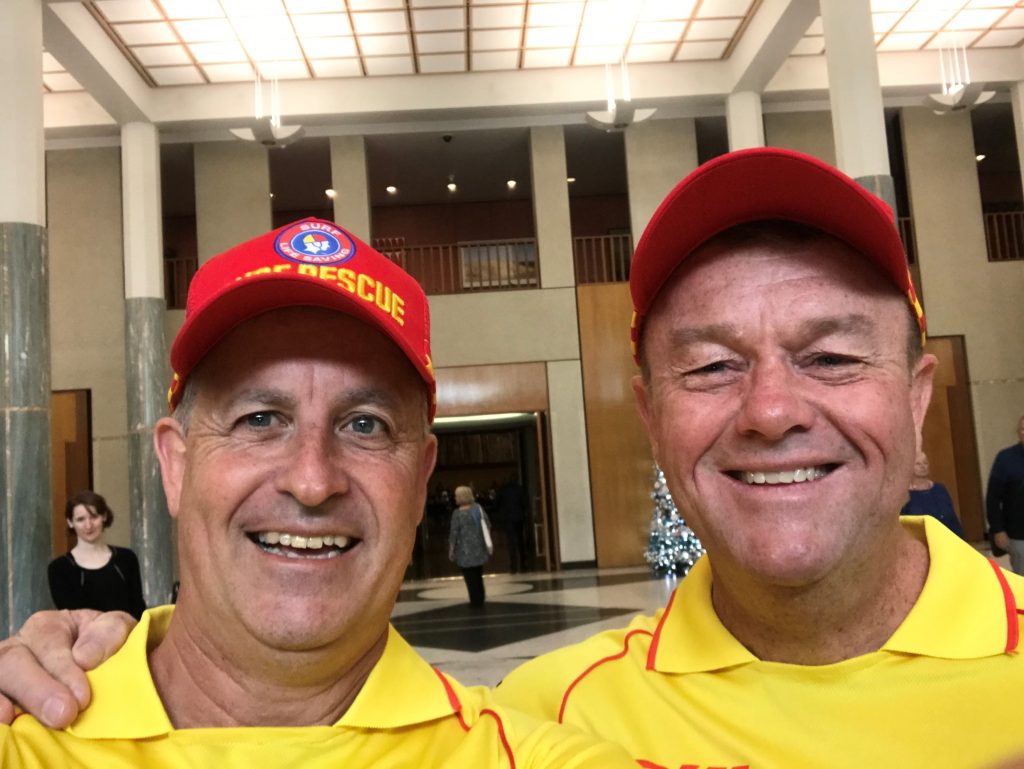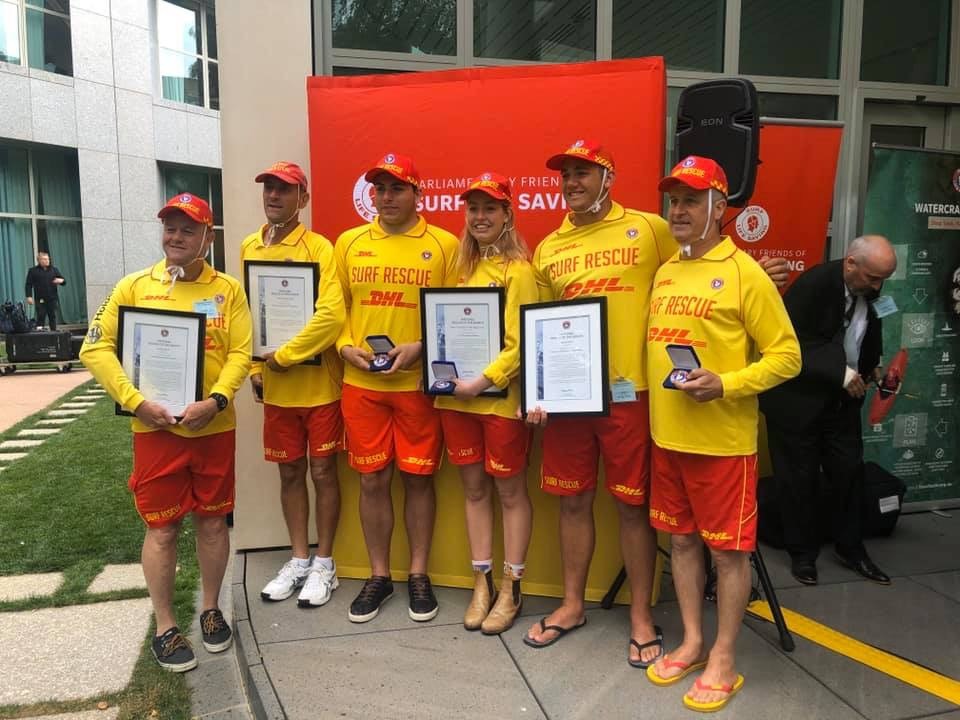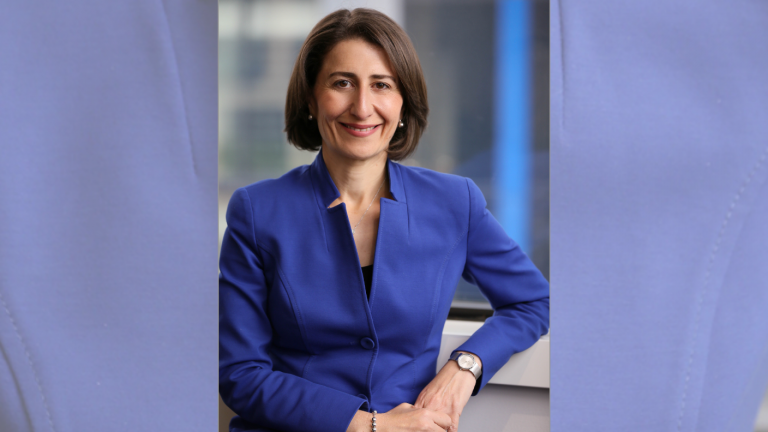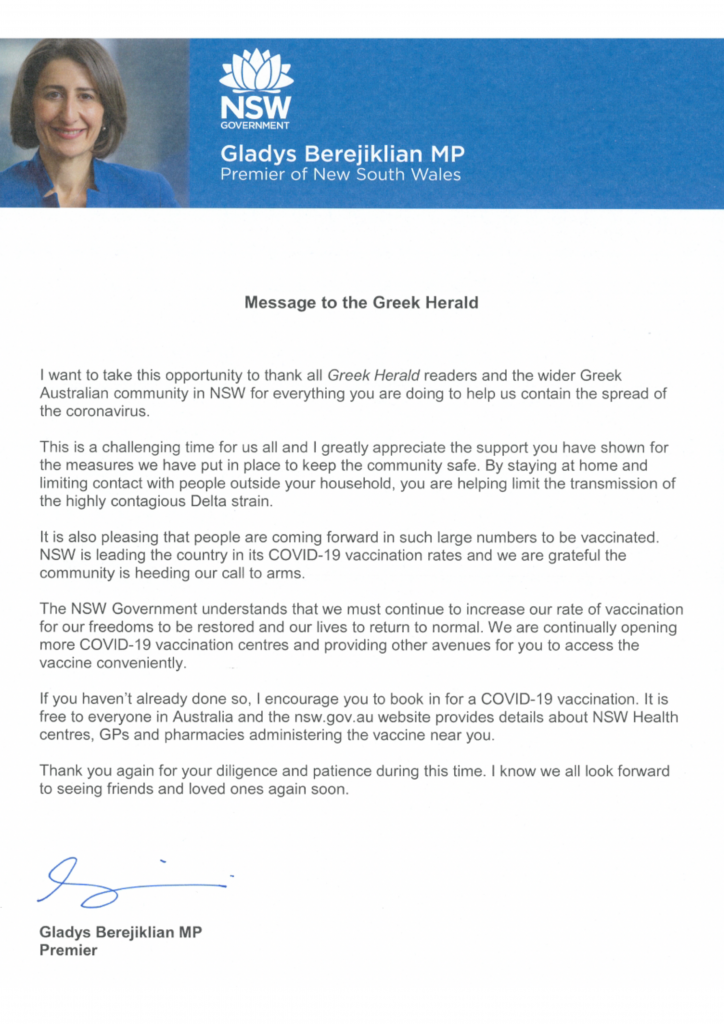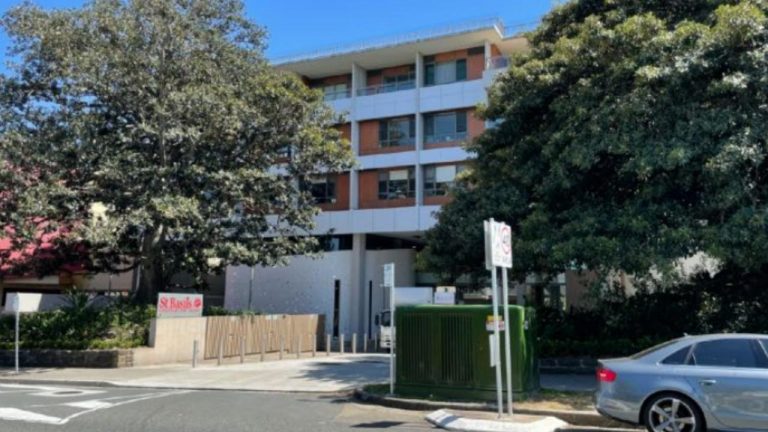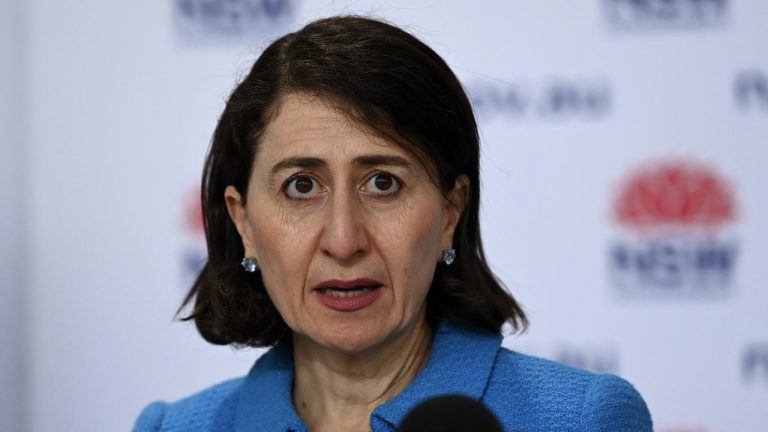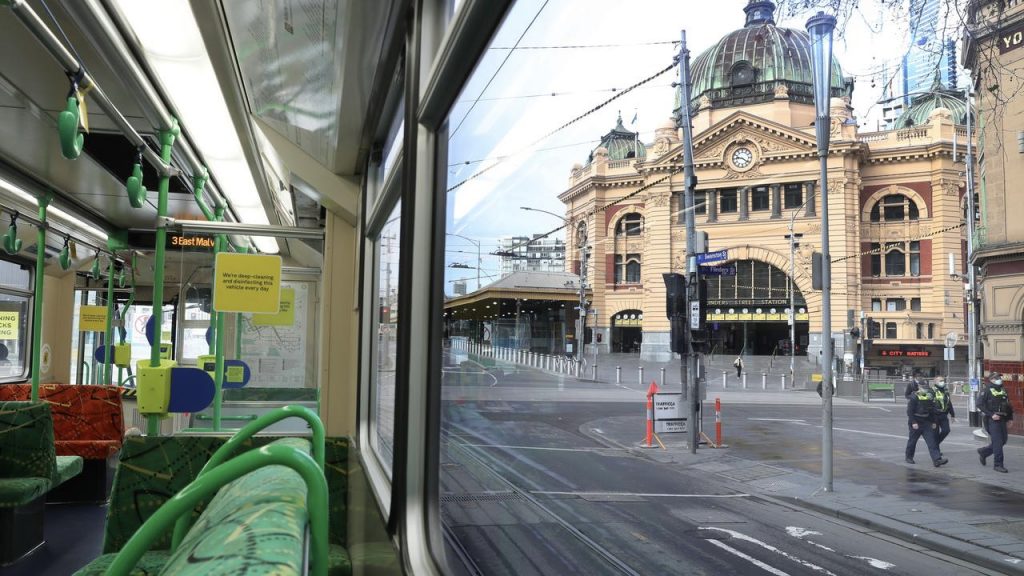A major wildfire northwest of the Greek capital devoured large tracts of pine forest for a third day on Wednesday and threatened a large village as hundreds of firefighters, assisted by water-dropping planes and helicopters, battled the flames.
The blaze in the Vilia area broke out on Monday shortly after another wildfire started to the southwest of Athens. Several other villages and a nearby nursing home received evacuation orders.
On Wednesday, a shift in the winds drove the flames towards Vilia, 60 kilometers from Athens. Greek media said several outlying buildings were damaged, but no injuries were reported and no evacuation order was issued for the village.
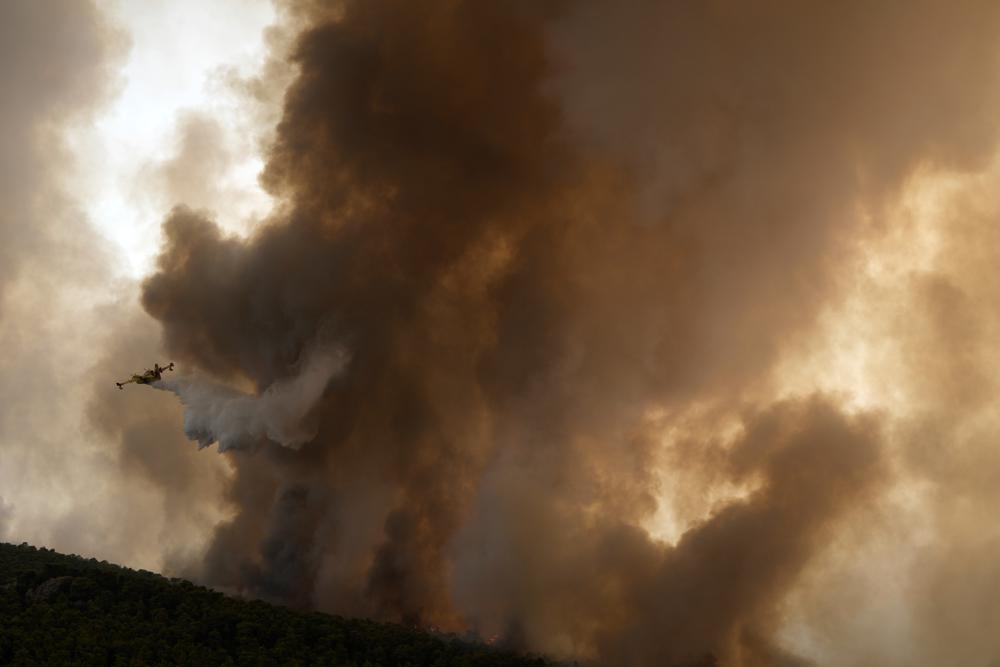
Clouds of smoke obscured the sun, which cast an otherworldly, orange light over the capital.
Local mayor, Christos Stathis, told Open TV that the fire was within a few dozen yards from Vilia, and appealed for firefighting aircraft to be deployed to the spot.
Hundreds of wildfires have burned across Greece this month, fueled by parched forests and shrubland from the country’s most severe heat wave in decades.
READ MORE: Greek government defends response as Evia wildfires burn for eighth day.
The blazes have stretched the country’s firefighting capabilities to the limit, leading the government to appeal for international help, including through a European Union emergency response system. About two dozen European and Middle Eastern countries responded, sending planes, helicopters, vehicles and hundreds of firefighters.
READ MORE: Australian helicopters arrive in Athens and prepare to fight wildfires across Greece.
Greece’s fire department said 430 firefighters, including 143 from Poland, were deployed at the Vilia fire on Wednesday, along with 130 vehicles, 19 helicopters and 10 planes. The army, volunteer firefighters and local authorities also provided assistance.
By midday on Wednesday, an estimated 7,500 hectares (18.500 acres) of forest had been destroyed in the area.
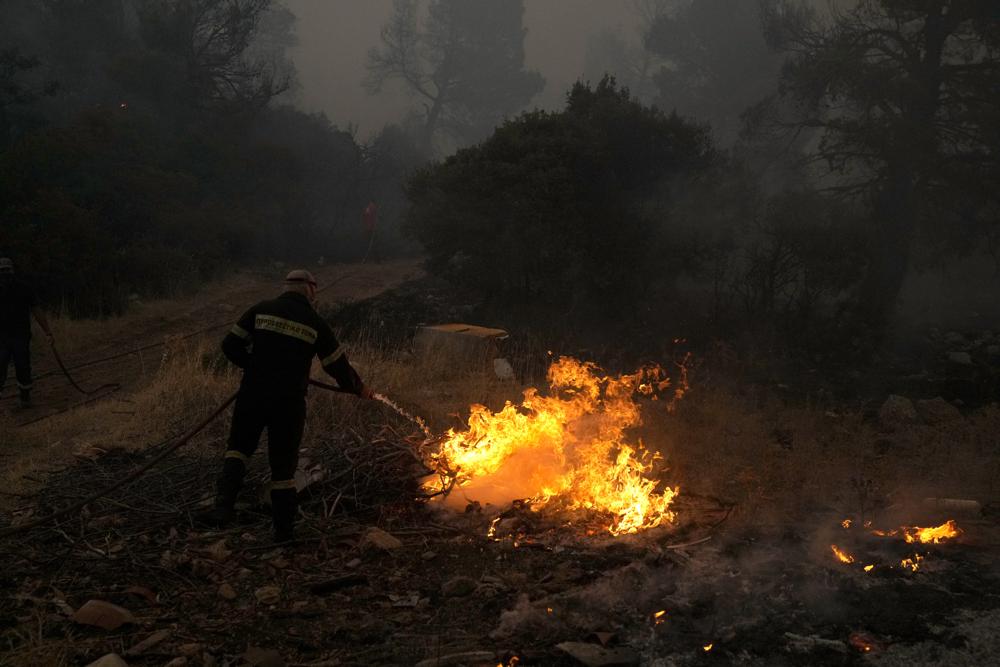
The causes of the fires have not been officially established, although more than a dozen people have been arrested on suspicion of arson.
State ERT TV reported that a 14-year-old boy was arrested Wednesday in central Greece on suspicion of setting at least 13 fires in recent days — including one that raged out of control destroying homes and forest land. Quoting local officials, ERT said the suspect was caught on CCTV cycling away from spots where fires had started. The boy’s parents were arrested for neglect, ERT said.
READ MORE: Melbourne’s Greek community come together to help those fighting the fires in Greece.
Source: AP News.


